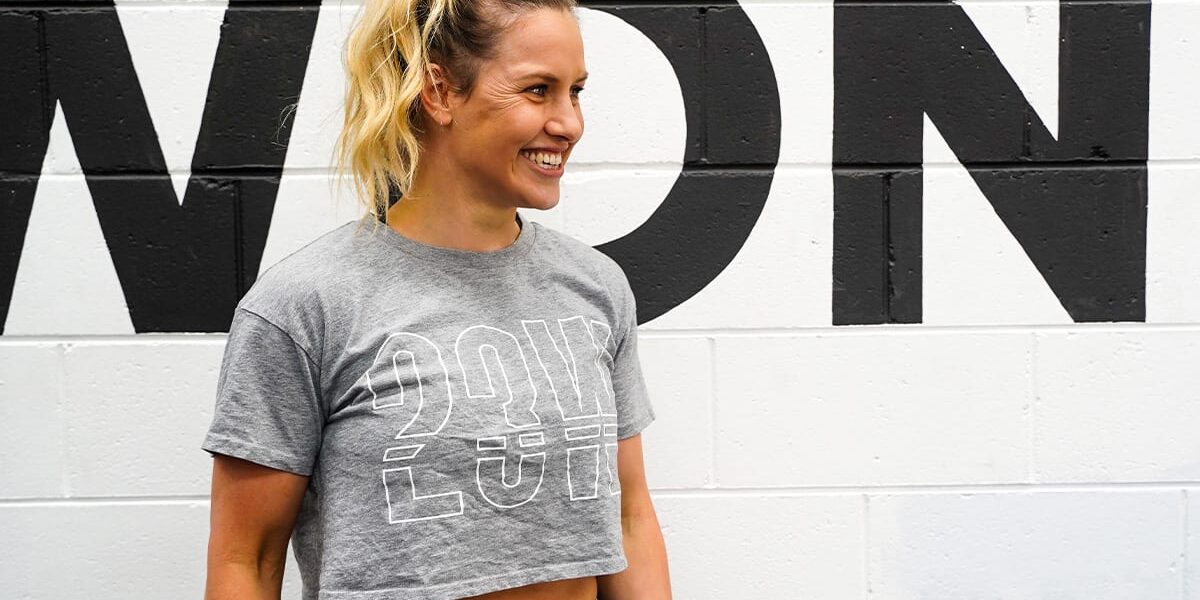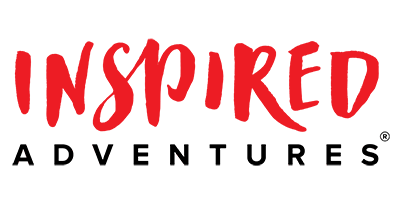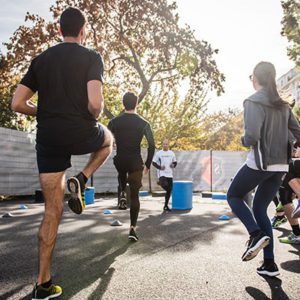We’ve all been there. The New Year rolls around and you set the alarm clock nice and early, with the full intention of getting up to go for a run, the gym or make the first steps in whichever new goal you’ve set for yourself. But come morning, the bed is just too comforting to even move let alone get dressed and work up a sweat. Or you find excuses creeping up on you: you don’t have enough time, it’s been a big day, it’s too soon after dinner to exercise.
It’s no surprise, then, to learn that 80% of New Year’s resolutions fail. A big reason for this is because we often set goals that either aren’t specific enough, for example declaring “I’ll get fit” without defining what “fit” means, or we don’t know how to plan the steps towards success.
Ange Drake, owner and personal trainer of 23W, a gym in Melbourne dedicated to empowering women to get stronger and become more confident, says the key to success is to form sustainable new habits. The problem is that it can take, on average, 66 days for new behaviours to embed themselves as habits.

“Unfortunately, humans are hard wired for instant gratification,” explains Ange. “When people set goals, especially fitness goals, to see changes they need to commit to consistent actions each day, even if they’re small.”
Ange recommends starting small and then building up. If your goal is to climb a mountain, start by walking 10,000 steps a day, such as before and after work. Bringing awareness to how we are spending our time is another good way to change habits. For instance, if your goal is to change your diet, start by keeping a journal of what you’re eating and identifying triggers.
“A system of accountability helps the most,” Ange adds. “At 23W, we have a community who are all going on the same journey and can help keep each other on track. We feed off each other’s motivation and can support each other if someone falls off the track and needs a little encouragement.”
Finding your own community, such as by simply sharing your goals with friends and family, is a great way to help keep yourself accountable.
If you don’t know where to start with exercise, or are worried about a pre-existing injury, Ange highly recommends working with professionals. Personal trainers can give you the tools to succeed (and knowing you’re paying for a gym or trainer is a great motivational incentive). Allied health professionals, such as physiotherapists and osteopaths, should also form part of your arsenal for success since they can help you develop strategies to manage niggling or ongoing discomfort.
“The most important thing is to start slow. Know that your body is going to become stronger with repetition and consistent action. Listen to your body and how it is feeling.”
Four ways to reach your fitness goals
- Be S.M.A.R.T: A successful goal is one that follows the S.M.A.R.T mnemonic: Specific, Measurable, Attainable, Realistic and Time-bound.
- Start small: Break your goal into smaller, more achievable chunks and goalposts.
- Be accountable: Telling your partner, family or friends about your goals means you’re more likely not to abandon them.
- Speak to a professional: Work with personal trainers and allied health professionals to develop strategies for success.
Liked this article? Here are some others you might like:




